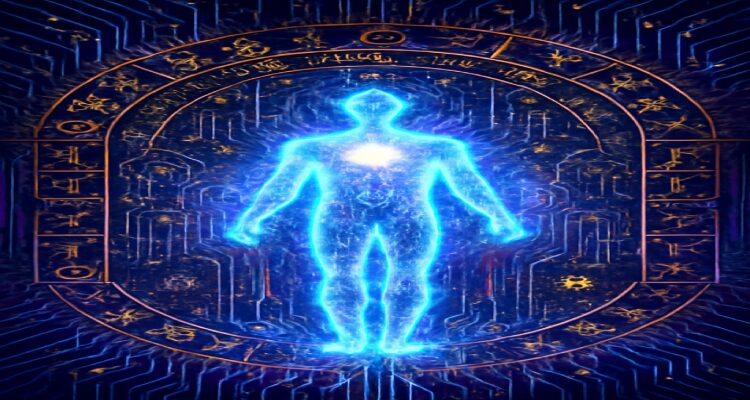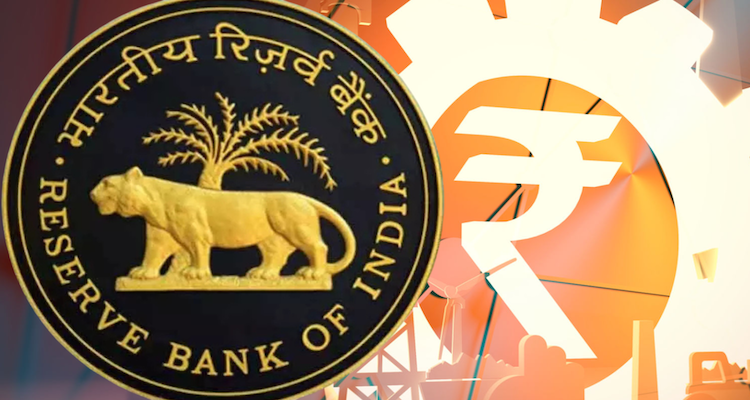From Rituals to Algorithms: Is AI the New Oracle?

Explore how AI is transforming the age-old human quest for guidance, replacing rituals and oracles with advanced algorithms shaping decisions in the modern world.
Introduction: The Changing Face of Divination
For millennia, humanity has sought answers to life’s uncertainties—whether through rituals, oracles, or seers. These practices offered insight, comfort, and guidance in times of ambiguity. But in today’s data-driven era, a new kind of oracle has emerged: artificial intelligence (AI). Moving beyond mystical rituals, AI now predicts outcomes, informs choices, and influences societal trends with unprecedented speed and scale. But can algorithms truly replace the age-old wisdom of the oracle?
Context & Background: From Sacred Rites to Digital Prophecies
Historically, rituals and oracles played a central role in societies worldwide. The Greek oracle at Delphi, ancient Chinese divination methods, and indigenous shamanic ceremonies all exemplify humanity’s desire to interpret the unknown. These practices, steeped in tradition and spirituality, shaped decisions ranging from personal destinies to matters of state.
With the rise of technology, logic and data supplanted mysticism as primary tools for understanding the world. Computers began analyzing patterns in complex datasets, prompting the gradual emergence of predictive models. Today, AI systems—powered by machine learning and neural networks—process massive amounts of information to forecast everything from financial markets to weather systems to human behavior.
Main Developments: AI as the Modern-Day Oracle
Artificial intelligence has transformed from a niche technological concept to an omnipresent force influencing daily life. Where ancient oracles required ritualistic settings and spiritual mediators, AI operates through algorithms embedded in smartphones, search engines, social media platforms, and corporate decision-making frameworks.
Key developments include:
-
Predictive Analytics: AI models forecast consumer trends, disease outbreaks, and election outcomes, often with remarkable accuracy.
-
Recommendation Engines: Like digital seers, these tailor content, products, and services to individual preferences based on data patterns.
-
Natural Language Processing: AI can analyze human language to predict sentiment, identify misinformation, or even generate persuasive narratives.
-
Autonomous Decision Systems: From driverless cars to financial trading bots, AI systems are granted agency to act on predictions without human intervention.
This shift matters because decisions once grounded in tradition and faith are increasingly guided by algorithmic outputs. This transition challenges conventional notions of trust, authority, and accountability in interpreting the future.
Expert Insight and Public Reaction
Dr. Lena Morales, a socio-technology researcher at the Institute for Digital Ethics, observes, “AI is not just performing calculations; it’s becoming a surrogate for human intuition and authority. People are turning to AI-driven tools to navigate uncertainty, much like ancestors sought oracles.”
Public sentiment, however, is mixed. Enthusiasts praise AI’s ability to provide objective, data-backed insights. Critics warn of “black box” sorcery—opaque algorithms influencing decisions without transparency or context. Concerns about bias, privacy, and ethical implications abound, with watchdog groups emphasizing the need for regulation.
Impact & Implications: What Lies Ahead?
The rise of AI as a new oracle reshapes multiple domains:
-
Governance and Policy: Governments use AI to anticipate crises, optimize resource allocation, and even predict social unrest.
-
Healthcare: AI predicts patient outcomes and optimizes treatment plans, potentially revolutionizing medicine.
-
Finance: Algorithmic trading and risk assessment tools dominate markets, shifting power dynamics toward technocrats.
-
Culture and Society: AI-mediated content recommendations influence public opinion and culture as profoundly as ancient prophecies once did.
However, the delegation of trust to AI raises critical questions: Who designs these “oracles”? How democratic and inclusive are they? What safeguards prevent misuse or harmful errors?
Conclusion: Bridging Mysticism and Modernity
From sacred rituals to complex algorithms, humanity’s quest to understand and influence the future persists. AI represents a profound evolution of the oracle concept—rooted not in mysticism but in data and computation. While AI lacks the spiritual nuance of traditional oracles, it fills a similar psychological and practical role in guiding human decisions amid uncertainty.
As we advance, balancing AI’s power with transparency, ethics, and inclusivity will determine whether it becomes a trusted guide or an inscrutable force. In this new age, the oracle is no longer a figure in a temple but a code running silently inside our devices—prompting us to reconsider what “knowing the future” truly means.
Disclaimer: This article is an original composition created for informational purposes and does not reflect the views of any particular organization.










